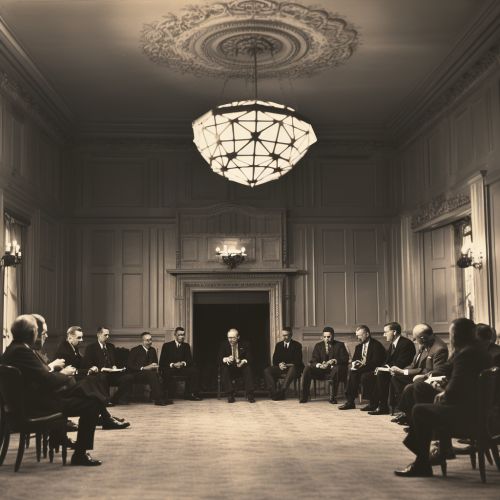American Psychiatric Association
Overview
The American Psychiatric Association (APA) is a professional organization of psychiatrists in the United States. Founded in 1844, the APA currently has more than 38,500 members involved in psychiatric practice, research, and academia. Its mission is to ensure humane care and effective treatment for all persons with mental disorders, including intellectual developmental disorders and substance use disorders.
History
The APA was founded in 1844, as the Association of Medical Superintendents of American Institutions for the Insane, by 13 superintendents. It changed its name to the American Medico-Psychological Association in 1892, and finally to its present name in 1921. The APA's early focus was on the establishment and operation of mental hospitals and the care of the mentally ill in those institutions.


Structure and Governance
The APA is governed by a Board of Trustees with a president. The association has a council system that is responsible for policy development. It includes 13 councils, including the Council on Psychiatry and Law, the Council on Communications, and the Council on Children, Adolescents, and Their Families.
Publications
The APA publishes various journals and books to disseminate psychiatric research. The most notable of these is the Diagnostic and Statistical Manual of Mental Disorders (DSM), now in its fifth edition. The DSM has been the standard criteria for the classification of mental disorders for over 60 years.
Controversies
The APA has faced controversies and criticisms in its history, particularly regarding the classification of certain conditions in the DSM. Some critics argue that the DSM represents an overly medical model of psychological problems and that its diagnostic categories are based more on social conventions than on objective scientific evidence.
